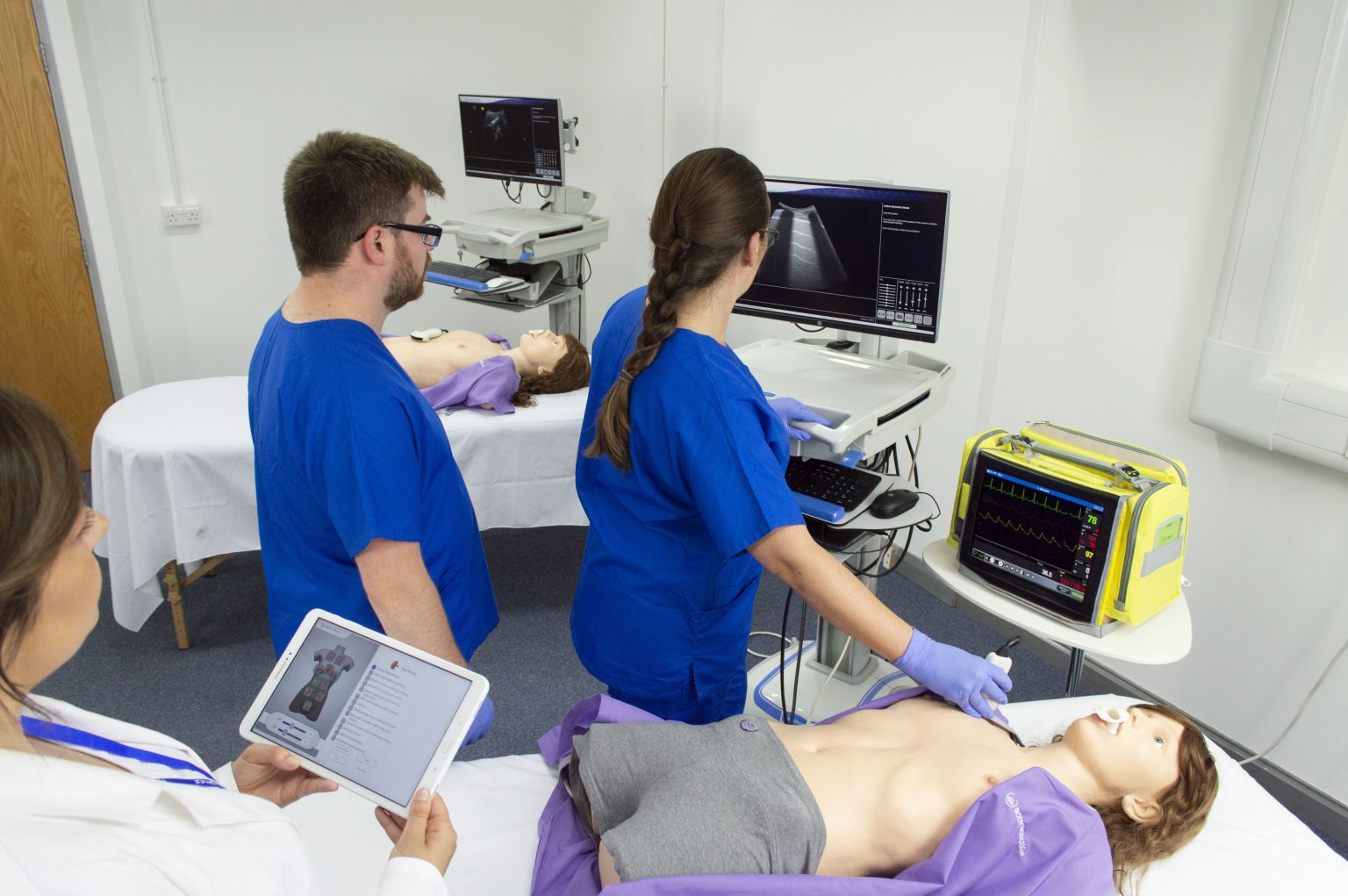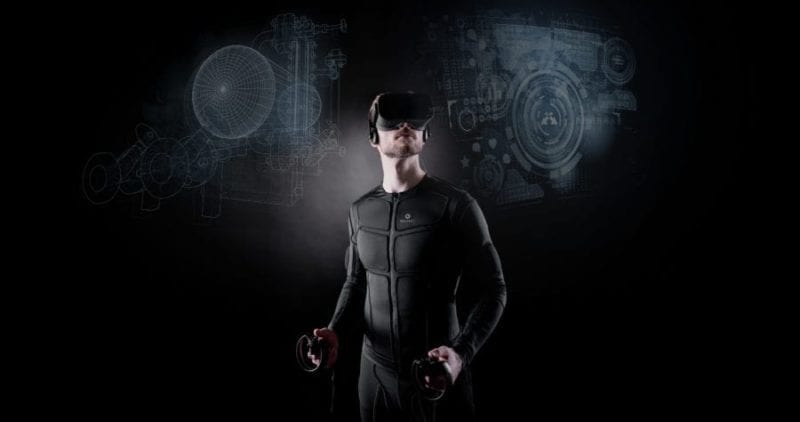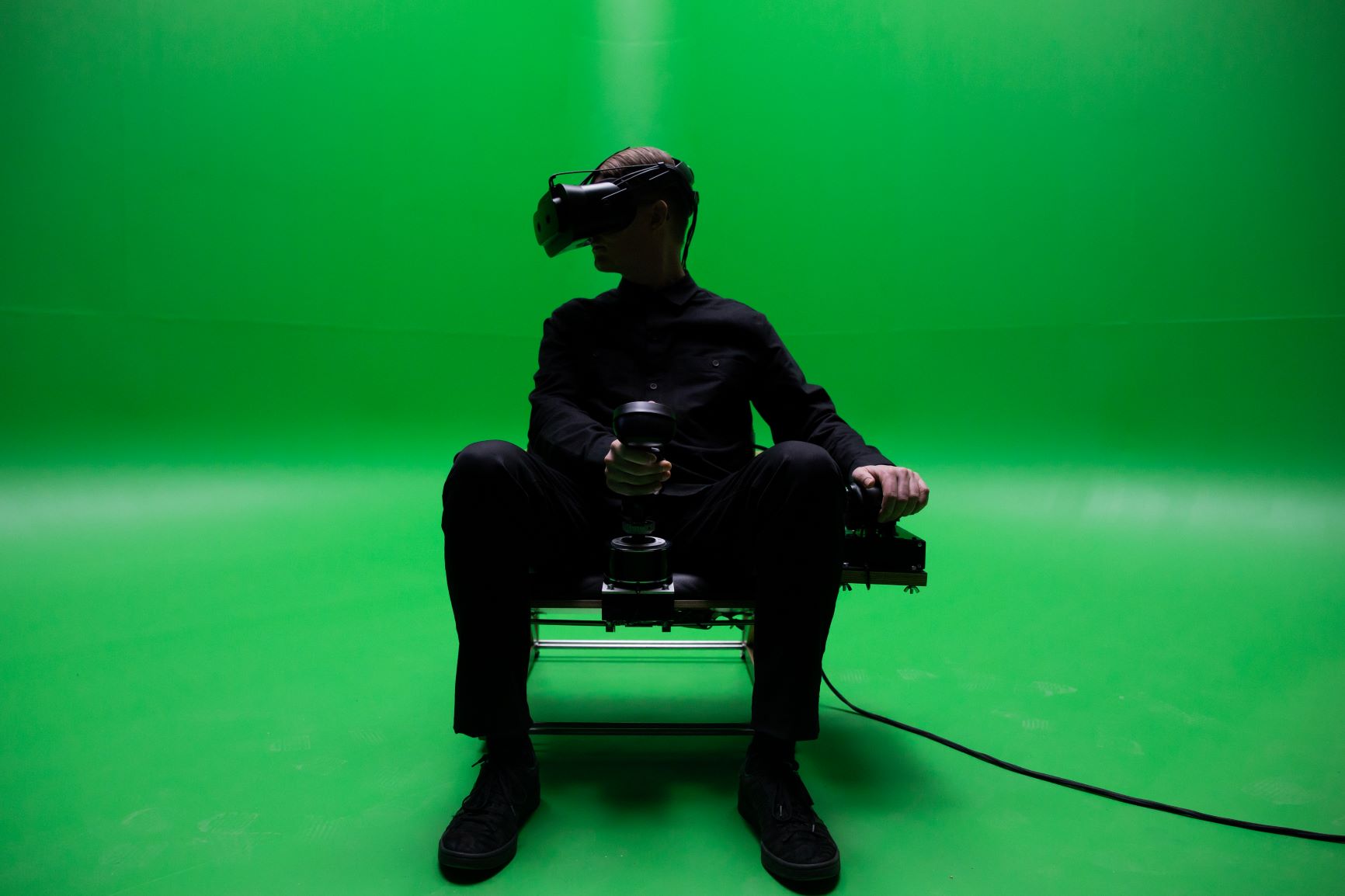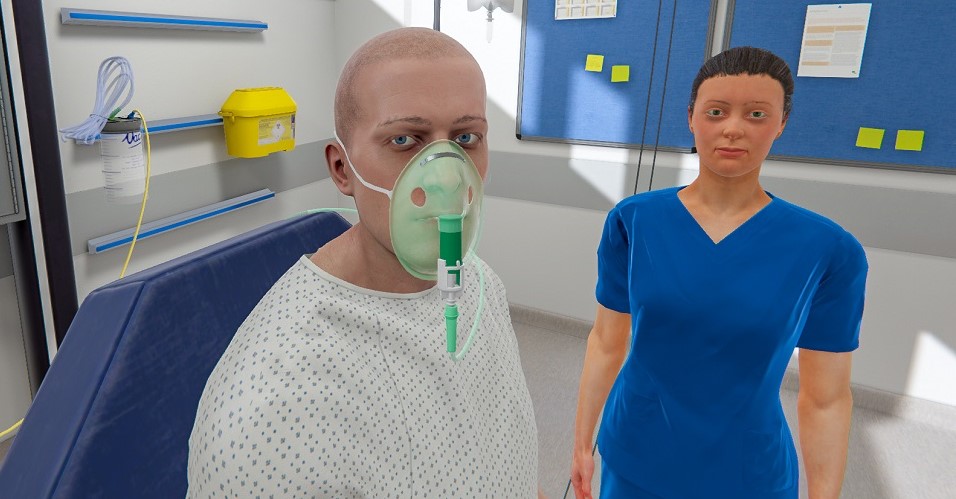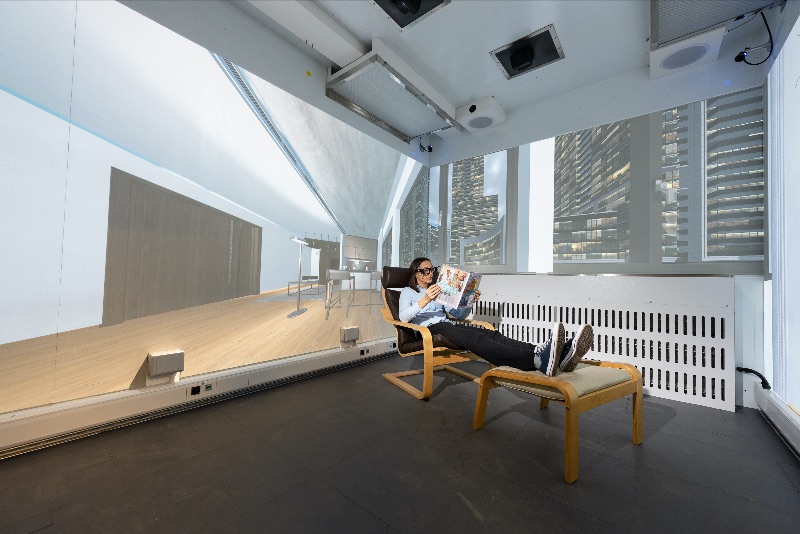Virti to train 15,000 NHS staff to tackle COVID-19
Virti, a British virtual and augmented reality company, are preparing to retrain over 15,000 NHS nurses, doctors, cleaners and porters to tackle the COVID-19 pandemic. Virti said it was discussing with NHS trusts in south-west England about how to help staff work amid the risk of infection. If it goes well, they plan to expand elsewhere around the country. The NHS trainees include staff returning to work after retirement and existing staff switching from another specialism. "The U.S. and U.K. are mobilising groups that wouldn't normally be exposed to frontline patients," Dr Alex Young, Virti Chief Executive, told The Daily Telegraph. "The problem is, they've been out of practice and they need to be quickly upskilled. "Healthcare providers are finding it incredibly difficult to scale their traditional face-to-face training to meet the updated guidelines. Frontline staff need to be trained up quite quickly to put on the protective equipment." Young added that doctors feared operating beyond their limits in high-risk environments. Many were wary of picking up the infection and then passing it on. "The huge amount of stress and anxiety is really causing concern." Virti Trauma and orthopaedic surgeon Dr Young founded Virti 12 months ago. It uses [...]


